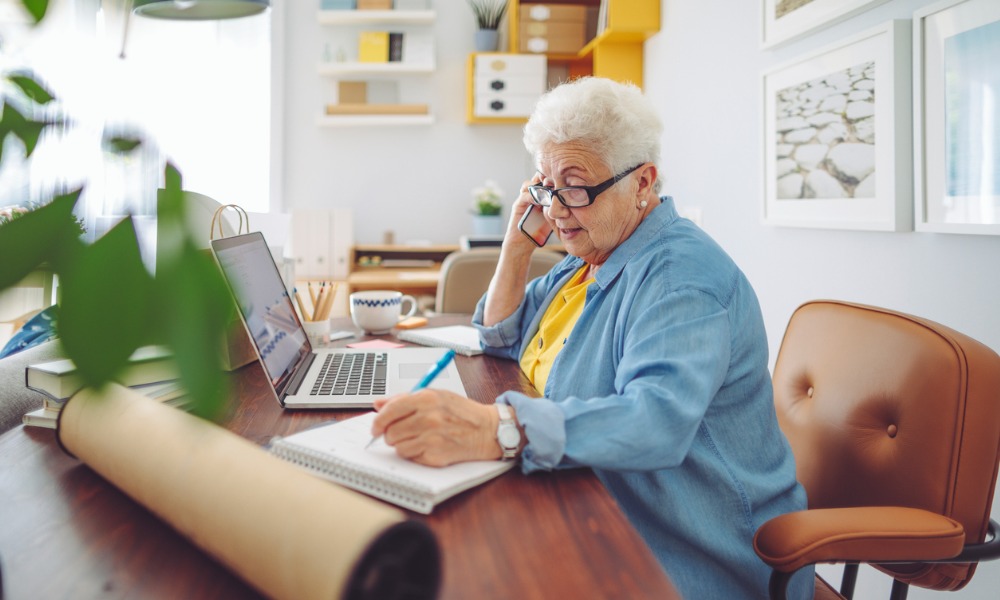Women of Influence+'s survey unveils urgent solutions to combat widespread ageism in the workplace

Women of Influence+ has announced a significant survey result that sheds light on the widespread issue of ageism in the workplace.
The survey titled "Exploring the Impact of Ageism on Women in the Workplace," as reported by Newswire Canada, revealed that a concerning 77.8 percent of women have encountered age-related discrimination in their careers.
This form of prejudice, based on age, leads to stereotyping, and often results in unfair treatment and marginalization.
Rumeet Billan, CEO of Women of Influence+, emphasized the severity of this issue, stating that the high percentage of women experiencing ageism is a clear sign of a deep-rooted and widespread problem.
The survey, conducted between January and February 2024, included responses from over 1,250 women across 46 countries and various industries.
The findings indicate that ageism is not only present but also more visible than commonly acknowledged. A significant 80.7 per cent of respondents have witnessed differential treatment of women due to age, and 46.2 per cent report it as a continuous issue.
Ageism affects women at all stages of their careers, with 40.7 per cent experiencing it in the first decade and 55.9 per cent after 21 years in their career.
Respondents believe that ageism arises from correlating age with performance, a bias more pronounced in women. This societal tendency results in unfair perceptions, particularly when comparing older women to their male counterparts.
The survey highlighted that ageism in the workplace comes from various sources, including HR departments, co-workers, clients, managers, and executives.
Ageism manifests in several ways, with 74.8 per cent of women experiencing age-based stereotypes and assumptions. It affects their respect from colleagues, treatment in promotion processes, and their overall sense of self and well-being.
The survey also revealed the significant professional and personal impacts of ageism, including increased stress, self-doubt, overcompensation, impaired career progression, and dissatisfaction with employers.
The survey underscores the intersectionality of ageism, noting its compounded effects when combined with other identity factors like race, ability, and gender. Nearly 70 per cent of respondents observed that ageism disproportionately affects women.
Billan calls for urgent organizational change: “The findings of our survey are a call to action — it's time for systemic change.” The survey suggests actionable steps:
- Awareness-raising and education about ageism.
- Implementing and enforcing preventative policies.
- Developing reciprocal mentorship programs.
- Focusing on competencies over age in recruitment.
- Including ageism in DEI strategy.
In conclusion, the survey by Women of Influence+ highlights the urgent need for organizational change to combat age-based discrimination. It is a call to action for systemic transformation to create workplaces where age does not limit opportunities or define capabilities.



